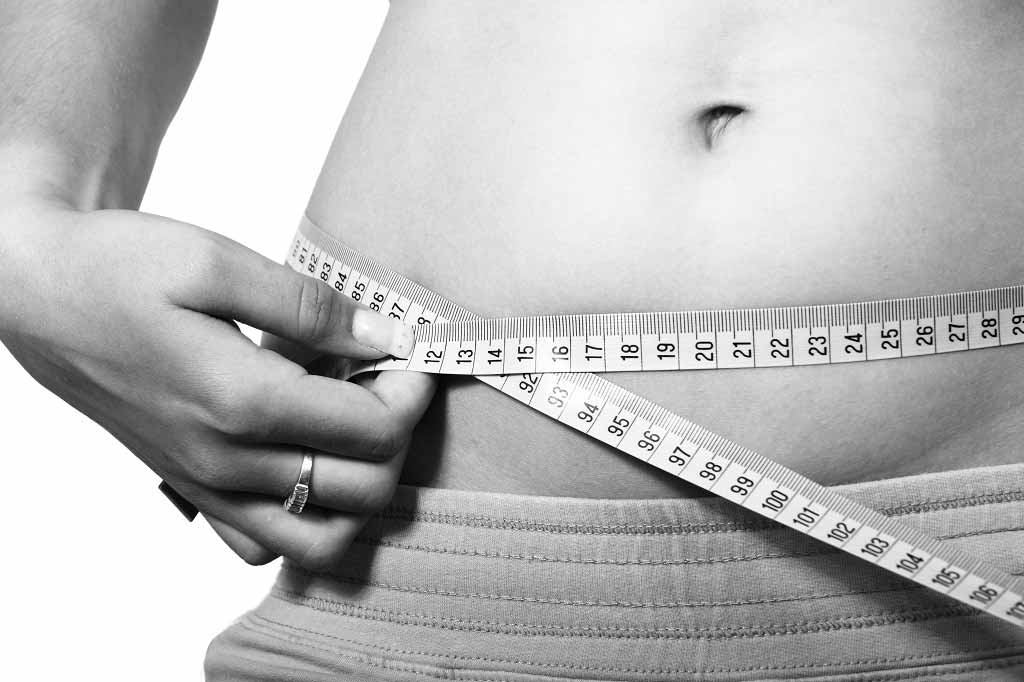New weight advice for pregnancy
Obesity
Many newspapers have reported on new official guidelines for how women can manage their weight before, during and after pregnancy. The advice comes from the National Institute for Health and Clinical Excellence (NICE).
Many newspapers have reported on new official guidelines for how women can manage their weight before, during and after pregnancy. The advice comes from the National Institute for Health and Clinical Excellence (NICE).
The importance of the guidelines is borne out by figures suggesting that more pregnant women than ever are overweight or obese. The Guardian suggests that, “15-20% of women getting pregnant are overweight or obese”. The Daily Mail puts the number higher, saying that “almost half of expectant mothers are overweight or obese”. It goes on to spell out the dangers of being obese or overweight during pregnancy, which include “fatal health conditions such as blood clots, pre-eclampsia, miscarriages and stillbirths”.
The newspapers also dispel the myth that women should eat for two during pregnancy. Further advice reported in the press includes taking at least 30 minutes of moderate exercise per day during pregnancy, and that pregnant women should avoid dieting and only need to have an extra 200 calories a day in the last three months of their pregnancy.
These guidelines are published by NICE, and are evidence-based. They are designed so that doctors can give women up-to-date reliable advice to follow to maintain a healthy weight before, during and after their pregnancy.
Where did the advice come from?
The advice has just been published by the National Institute for Health and Clinical Excellence (NICE) as part of its public health programme. NICE produces guidance on the promotion of good health and the prevention of ill health for those working in the NHS, local authorities and the wider public and voluntary sector.
What are the health risks of being obese during pregnancy?
Women who are obese (with a BMI over 30) when they become pregnant face an increased risk of complications such as diabetes, miscarriage, pre-eclampsia, blood clots and death. Obese women are also more likely to have an induced or longer labour, post-delivery bleeding and slower wound healing after delivery. They also tend to be less mobile, which can result in a need for more pain-relieving drugs during labour. These can be difficult to administer in obese women, resulting in a greater need for general anaesthesia with its associated risks.
For women who have gained weight between pregnancies, even a relatively small gain of 1-2 BMI units can increase the risk of high blood pressure or diabetes during their next pregnancy and may also increase the chance of giving birth to a large baby.
What sort of diet does NICE recommend?
NICE offers the following dietary advice to help women to achieve and maintain a healthy weight:
- Base meals on starchy foods (such as potatoes, bread, rice and pasta), choosing wholegrain where possible.
- Eat foods rich in fibre.
- Eat at least five portions of fruit and vegetables per day in place of foods higher in fat or calories.
- Eat as little as possible of fried foods, and drinks and confectionery high in sugars and fats.
- Eat breakfast.
- Watch portion size of meals and how often they are eaten.
What should women aim to weigh before getting pregnant?
Women with a BMI of 30 or more can achieve significant health benefits if they lose between 5-10% of their weight. Further weight loss to achieve a BMI within the healthy range of 18.5 and 24.9 is encouraged.
What about weight during pregnancy?
The amount of weight a woman may gain in pregnancy varies a great deal, and only some of it is due to increased body fat. The unborn child, placenta, amniotic fluid and increases in maternal blood and fluid volume all contribute to weight gain during pregnancy.
- Dieting during pregnancy is not recommended as it may harm the health of the child.
- There is no need to ‘eat for two’ or drink full-fat milk (as opposed to lower-fat milk). Energy needs do not change in the first six months of pregnancy. Only in the last three months do a woman’s energy needs increase by around 200 calories per day.
- Moderate-intensity physical activity will not harm the mother or baby. At least 30 minutes per day of moderate intensity activity is recommended. This can include activities such as swimming or brisk walking. If women have not exercised routinely up to that point, they should begin with no more than three 15-minute sessions a week, increasing gradually to daily 30-minute sessions.
- There are no formal evidence-based guidelines from the UK Government or professional bodies on what constitutes appropriate weight gain during pregnancy.
How do I safely lose weight after giving birth?
Women are encouraged to breastfeed, but are advised against dieting while breastfeeding. Women who feed their babies with breastmilk only for the first six months may require an additional 330 calories a day, but this may differ between individuals, and some of these additional calories will be derived from fat stores built up during pregnancy.
If the pregnancy and delivery are uncomplicated, mothers may start a mild exercise programme consisting of walking, pelvic floor exercises and stretching immediately after giving birth, but women should not resume high-impact activity too soon. Women who have had complicated deliveries or caesareans should not resume pre-pregnancy levels of physical activity before consulting their medical caregiver.
Health professionals should be able to provide details of appropriate community-based services for women who want support to lose weight.
Where can I get more information?
Women should consult their GP or midwife about maintaining a healthy lifestyle before, after and during their pregnancy.






 Subscribe
Subscribe Ask the doctor
Ask the doctor Rate this article
Rate this article Find products
Find products





